Learning To Trust Yourself: Because if You Don’t, Who Else Will?
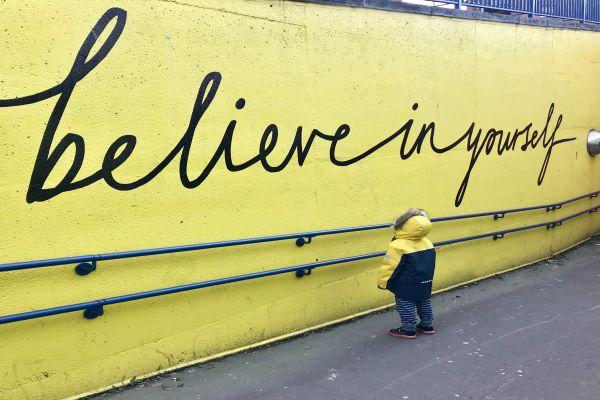
Photo by Katrina Wright on Unsplash
Written by Jenna D’Anna
Have you ever known exactly what you wanted, yet asked your peer, your mother, your partner their opinion and when they gave it found yourself annoyed that they didn’t give you the answer you were looking for?
It can often seem easier to believe that another person’s opinion is somehow superior to our own. It seems like their words soothe a part of yourself that your own words cannot. But, do their words really soothe? Or are they a temporary fix for your constant self-doubt … up until the next decision must be made?
If you have always sought out external validation, it can be hard to trust the part of you that intuitively knows your needs and wants. When you can’t trust what you need and want, it becomes difficult to feel confident in your decisions, values and beliefs. External validation or checking in with others becomes your only safe way of getting it “right.”
Growing up with parents who were controlling, who exploded with emotions, or who became cold when upset, or being in an environment that was chaotic and always changing teaches you a certain a way of feeling safe and getting care.
You learn to wear costumes: A strong, fierce super-person costume for when there is a part of you who’s scared; an accommodating host to make other people feel comfortable; a comedian to help alleviate the tension in the room; a trouble-maker who shows how bad you are before someone else can tell you. All of these costumes or parts of you. They have served, at some point in your life, an important role in keeping you safe.
As we get older, though, you might find that you are still using these costumes. That’s when problems set in. Relationships don’t last. You feel anxious all the time. You can’t take criticism because you see it everywhere. You can’t keep friends. You struggle at work.
The goal isn’t to get rid of any part of you, but to begin to understand why these costumes became necessary in the first place. That way we can understand, forgive, and learn new ways of feeling safe. The goal is to actually let all of you exist with no costumes at all … and to believe that you can trust yourself to do so.
So, how do you start to understand your needs and feelings, what’s important to you, to actually, really trust yourself?
The researcher Aneil Mishra describes trust as believing that another person is competent, concerned, and reliable, which allows one to be vulnerable with that person.
Building trust with others is not really any different than building trust with yourself. You have to believe that the decision-making part or the loving part, etc., is reliable, smart, and caring.
Without this trust, your ability to function can become challenging. To lack confidence in your ability to observe and interpret events fairly accurately, to remember stuff, and/or to problem-solve can make self-determination feel nearly impossible.
Instead, there’s internal criticism and insecurities. You might find yourself bending too easily to other’s suggestions and judgments. Your self-respect may feel nonexistent.
When you start to build curiosity towards your protective costumes, it opens up room for compassion towards your experiences and defenses. Kristen Neff, leading expert on self-compassion, explains that compassion literally means to “suffer with”. It’s about giving the same kindness to yourself that you would give to anybody else that you care about.
Reacting with compassion, rather than doubt or criticism, is to offer openness and understanding when mistakes inevitably are made. You realize that suffering, failure, and imperfection is a part of the human experience. Through building trust and compassion you learn that your worth is not tied to how mistakes you do or don’t make.
As you build awareness and curiosity, in place of judgments and “shoulds”, you might start to soften that self-critical voice. Reframing self-criticism is about understanding and accepting your feelings, knowing that your needs matter and are no less important than someone else’s. It’s about believing that you are capable and worthy, no matter what. When judgment and self-doubt creep in, you can ask yourself, “What would you say to a close friend who was suffering right now?”
As you build your ability to have an internal dialogue and to observe without judgment, your costumes become less needed. The more you practice building self-trust through compassion and communication, you become more yourself.
“Health is the ability to stand in the spaces between realities without losing any of them—the capacity to feel like oneself while being many” – Bromberg, 1993
When you build trust within, you build your capacity to reflect and respond with thoughtfulness and compassion, rather be reactive with judgment and anger. This not only benefits your relationship with yourself, it benefits ALL your relationships. It shifts your reality from fear-based towards curiosity and safety.
When you trust yourself, feel compassion, feel safe, are more authentically YOU, well, everything is just easier. You not only become more confident, but others are more confident in you. There’s no “right” way to be or “right” decisions most of the time when you are safe and with safe others. No one else knows your needs better than you! So, go ahead. Take a chance.
TRUST YOURSELF
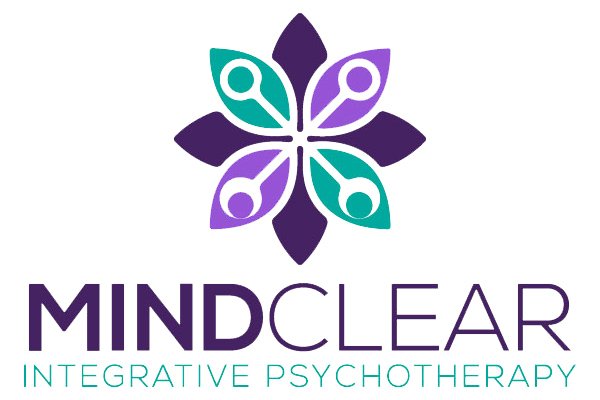
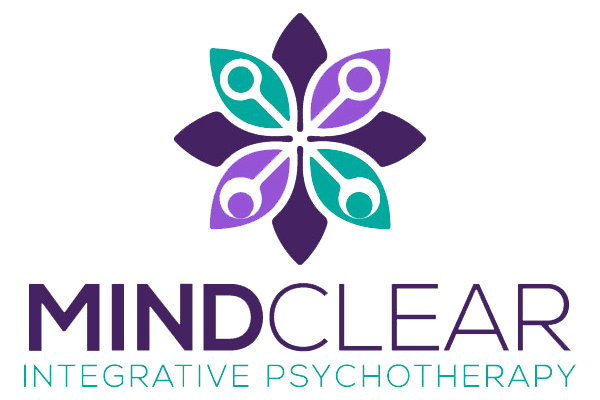

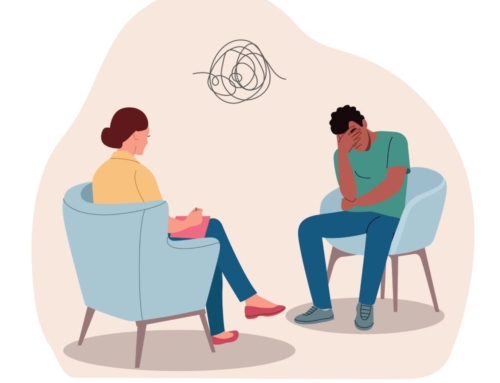

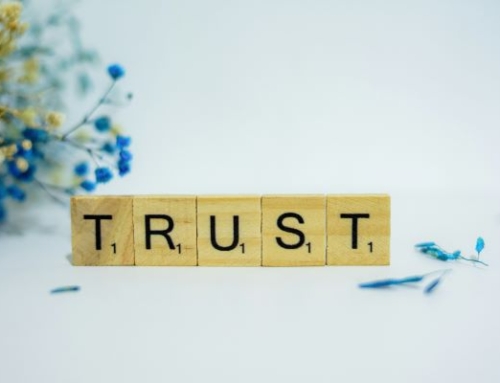




Beautifully written. Amen!